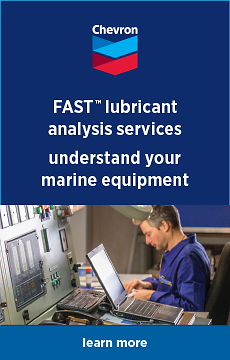Running ships entirely on green hydrogen-based fuels (e-fuels) would add less than 10 cents to the price of a pair of Nike trainers, a new study on the cost of decarbonising European shipping carried out by Transport & Environment (T&E) shows.
The analysis of shipments from Shenzhen in China to Europe, says T&E, ‘debunks claims’ by the shipping industry that ambitious measures to green the industry will be prohibitively expensive and cause exorbitant price hikes for consumers.
‘Green shipping would add less than 10 cents to a pair of Nikes. This is a tiny price to pay for cleaning up one of the dirtiest industries on earth,’ said Faig Abbasov, shipping director at T&E. ‘In a year where shipping companies are making bigger profits than Facebook, Google, Amazon, and Netflix combined, it is right to question whether shipping companies are doing enough.’
T&E’s study shows that even in the most extreme case of a ship running on 100% green fuels, prices would not rise significantly if wealthy cargo carriers were to pass on the costs to consumers. This reflects the economies of scale in global supply chains that are not hyper sensitive to shipping fuel costs.
Accordingly, T&E said European policymakers, who are currently voting on two key proposals to clean up shipping - an extension of the carbon market to shipping which was backed last week in the European Parliament, and a shipping fuels law which will be voted on in July – ‘should be emboldened’ by the results of the study.
Using the EU’s existing proposal to charge for carbon pollution from ships, combined with the proposal to mandate small amounts of green e-fuel use by 2030, T&E analysed what effect this would have on container shipping prices and consumer goods coming from China. According to the Brussels-based NGO, in the worst case scenario, cargo companies would face increased transport costs of 1% to 1.7%. However, on an itemised basis, the price of consumer products would be fractionally higher, with a pair of trainers, television and refrigerator costing €0.003, €0.03 and up to €0.27 more, respectively.
‘A decade ago, the only hope of decarbonising shipping was halting global trade itself. Now we have the technology, but what is lacking is a market signal for green hydrogen producers,’ Abbasov added. ‘As a world leader in shipping, the EU should set an ambitious green e-fuel mandate that guarantees hydrogen fuel suppliers a market. Green shipping is possible. It is a question of political will.’

















